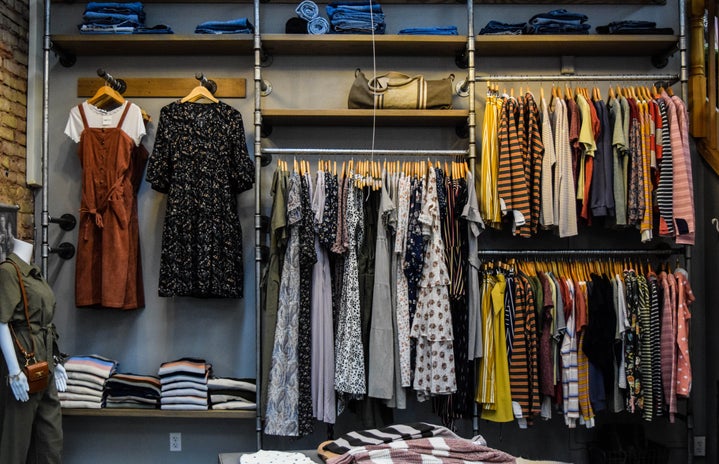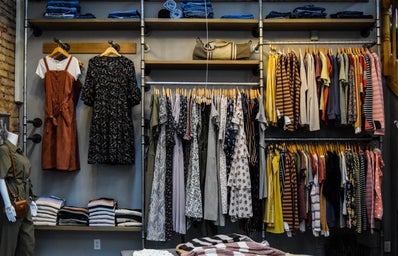If you’re a self-confessed makeup lover like I am, you know the struggle of becoming cruelty-free. Although there are alternatives to animal testing, many companies still test on animals. Moreover, China has made in it so you legally must test your products out on animals or else you will not be able to sell your products there. This changed the whole makeup game: suddenly your old Holy Grail product or your favorite brand was no longer cruelty-free, practically overnight. This put many companies in a difficult situation as well, because in spite of the fact that they were being cruelty-free, there’s a huge market in China and you can’t blame them for wanting to sell their products there. Nor can you really blame China for having different standards from certain North American regulations. Many brands caved in and continued selling in China – and thus began animal testing. Some of the ones who didn’t were eventually bought out by parent companies who did. If you’re an animal lover like myself, here are some tips from me to you on how to become cruelty-free!
1. Research. This is by far the most important. If you type any makeup company into Google to see if they are cruelty-free, it will most likely pop up as cruelty-free even if they are not. This is because the makeup companies themselves do not conduct the testing, the Chinese government does. Websites I use to check out a company’s current situation include PETA, Cruelty Free Kitty, and Leaping Bunny. There are even research apps for when you’re out shopping!
2. Do more research. Once you know what brands test, check out if they are owned by a parent company. Often, just because a brand is cruelty-free does not mean their parent company is.
3. Now that you know what brands are cruelty-free, ask yourself if that matters to you if their parent company tests. Myself, I personally only care whether the brand is cruelty-free, and not the parent company. I think it speaks volumes to a parent company if I only buy from certain parts of their company, and will make them more likely to consider making the switch than if I just completely cut them out.
4. Now comes the hard part. If you finally found that Holy Grail product that works for you, are you prepared to give it up? What are you going to do with the products you do own and you know were once tested on animals? I was obsessed with MAC lipsticks, but after discovering that MAC changed their cruelty-free status, I couldn’t look at them the same way and every time I wore them I felt guilty. I eventually ended up giving them all away. It was surprisingly a lot harder then I thought it would be. I felt nostalgic about certain colors. It sounds weird, but I will always remember wearing Russian Red to my prom night, and that the first time my boyfriend and I kissed I wearing Pink Pigeon – it was hot pink, and let’s just say thateveryone at the party also knew ;). It’s the little stuff like that, but it’s important to make sacrifices.
5. As much as it sucks getting rid of some of your favorite makeup, you can now go out and find new favorite products from brands you never thought of trying before. Also, going cruelty-free made me branch out into trying brands that I wasn’t exactly attracted to, or ones that only sell online. Some brands I recommend trying out if you haven’t already are: Too Faced, Anastasia Beverly Hills, Kat Von D, and Makeup Geek. One of the most fun aspects of becoming cruelty-free is going shopping!
If animal rights mean something to you, you should definitely look into being cruelty-free. Find products from companies that are cruelty-free to replace your old faves. There really is no need for animal testing on cosmetics nowadays. Being politically engaged isn’t for everyone, but if you decide to voice your opinion through money, businesses listen. That’s how change happens.

